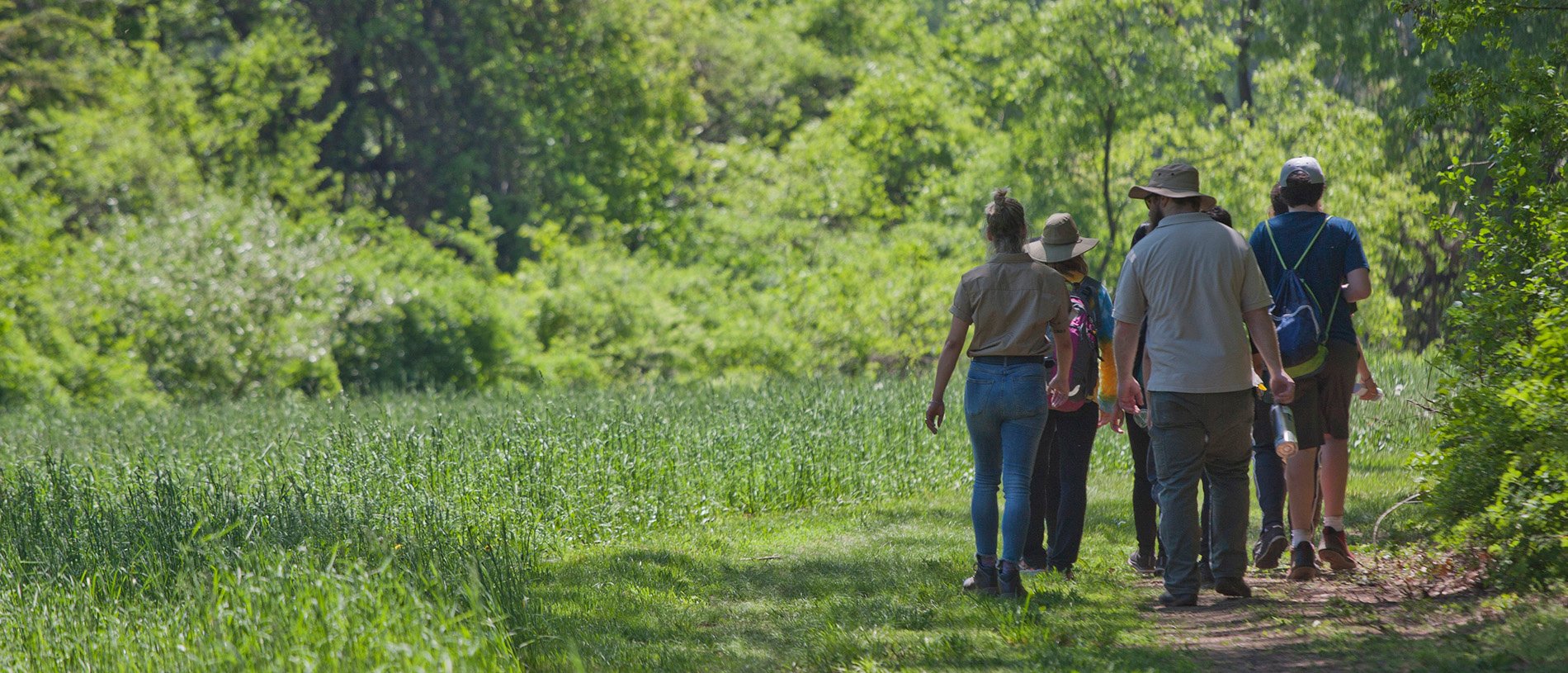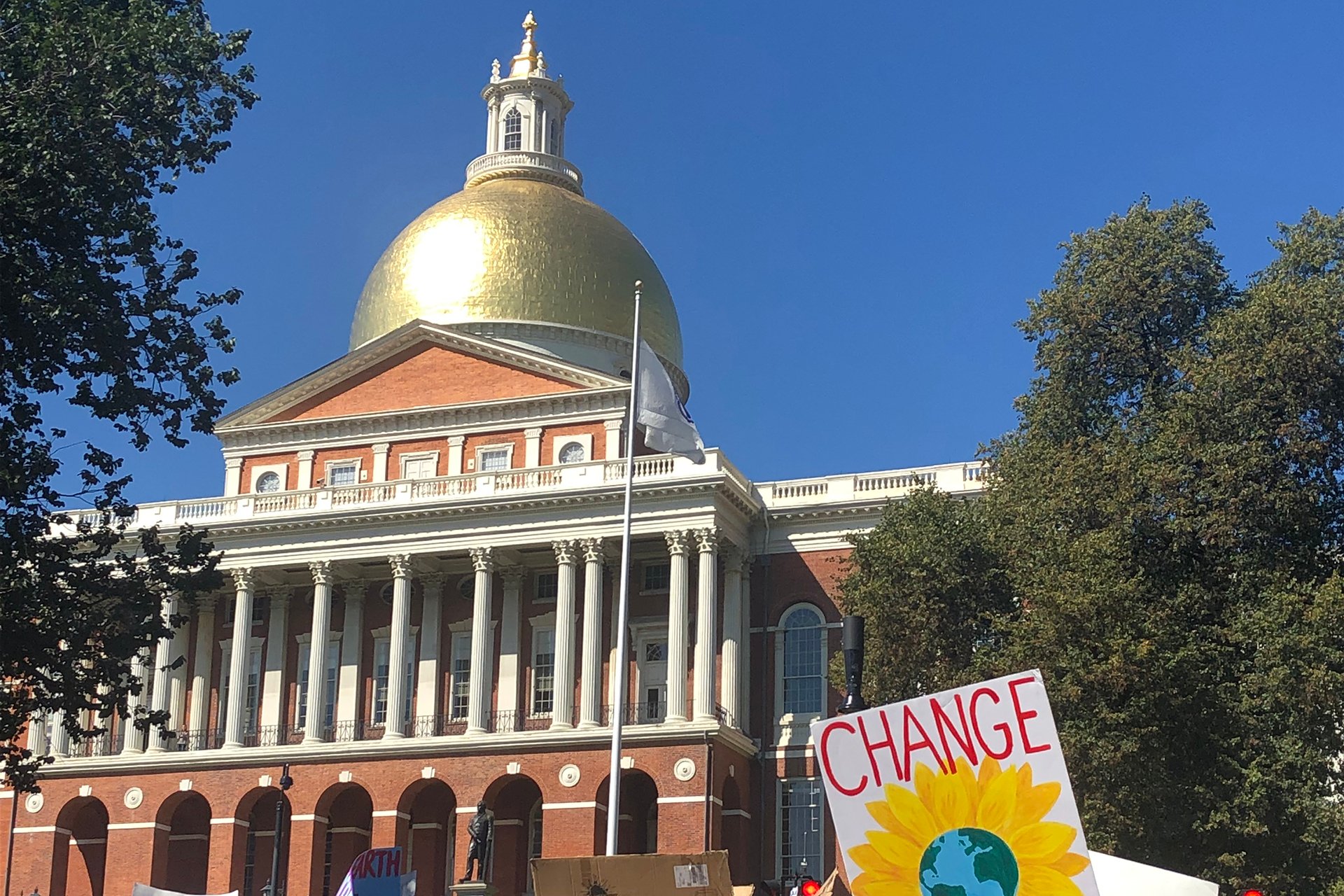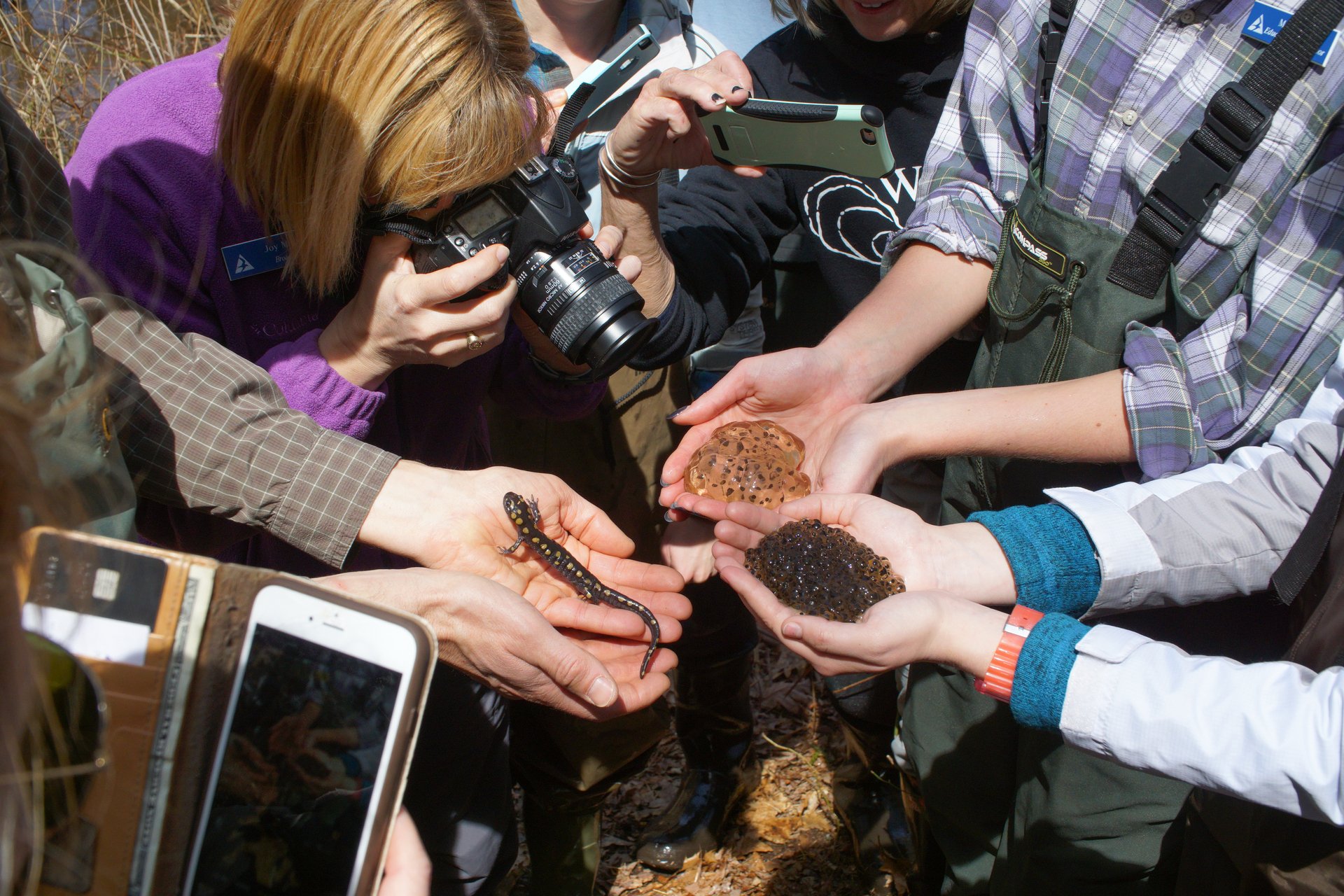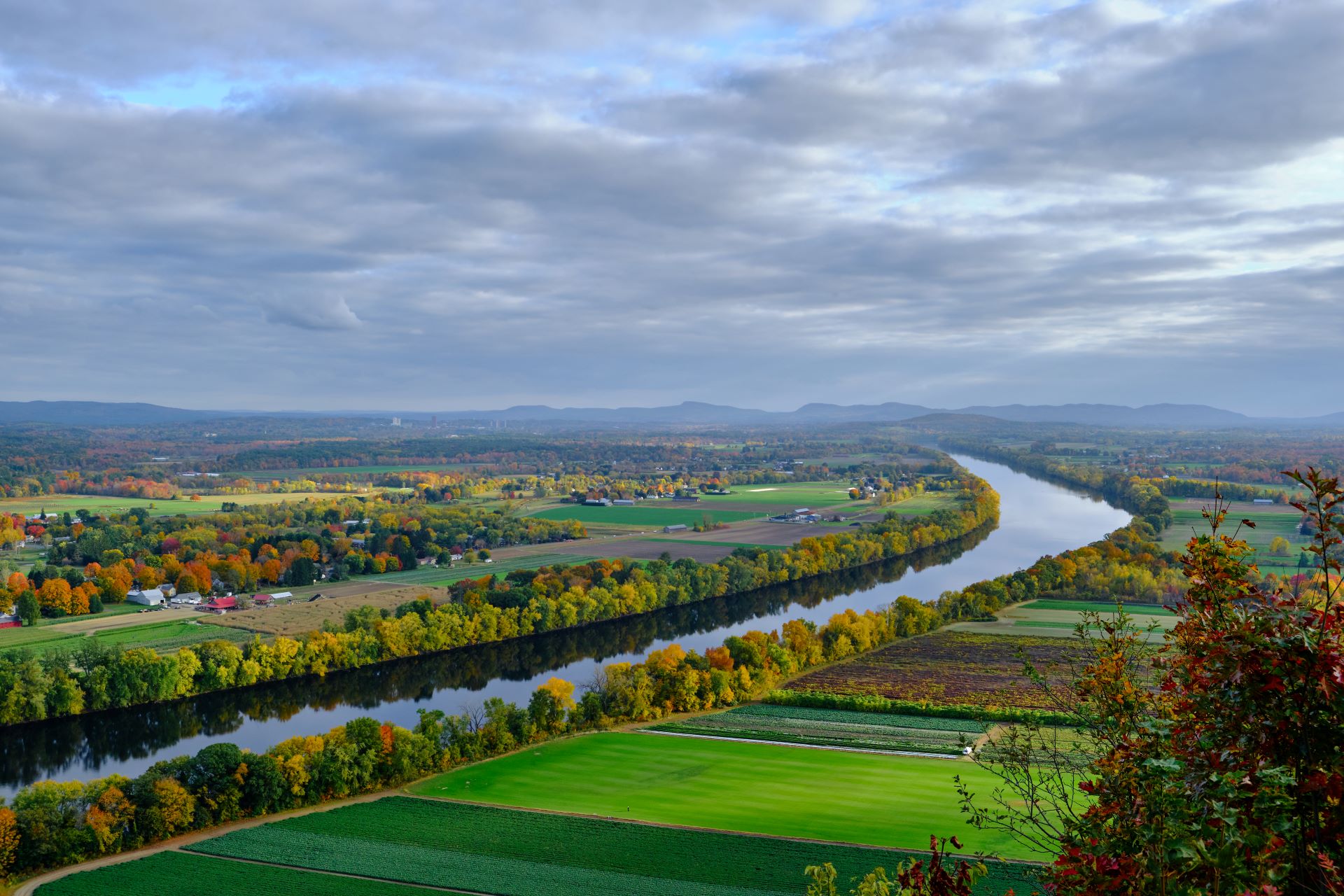Mass Audubon Applauds Passage of Next Generation Climate Roadmap Bill
Press Release
March 26, 2021
LINCOLN, MA.—With Governor Baker’s signature on the climate Roadmap bill today, Massachusetts becomes one of a handful of jurisdictions in the world to place legal limits on climate pollution at levels consistent with the best climate science.
Through the passage of this landmark bill, An Act Creating a Next-Generation Roadmap for Massachusetts Climate Policy, the state commits to reducing greenhouse gas emissions by 50% below 1990 levels by 2030, 75% by 2040, and at least 85% by 2050.
“We applaud the Baker Administration and Legislature for their constructive work over the last year to get this landmark legislation done,” Mass Audubon President David O’Neill said. “They’ve shown an unprecedented commitment to setting targets ambitious enough to safeguard the climate system for our kids and their kids.
“And as important as the rigorous climate goals, the bill sets forth a new set of requirements for environmental justice,” O’Neill added. “These will help us to fix the wrongs experienced by communities who still bear far too much of the burden of fossil fuel pollution.”
Mass Audubon also highlights the state’s commitment, through the Resilient Lands Initiative, to “no net loss of farms and forests.” This is as vital to reaching GHG targets as reducing fossil fuel emissions.
“Nature has already written the code for the original climate solution,” said Michelle Manion, Vice President of Policy and Advocacy. “Our forests, coastal wetlands, farms and grasslands remove millions of tons of carbon every year. Keeping them natural, healthy and intact is mission critical for meeting emissions reduction goals, but also to lessen catastrophic flooding, extreme heat, and other impacts of unchecked climate change.”
Ambitious action in Massachusetts is only one piece of the solution – climate change is a global challenge. But the Commonwealth’s agencies, businesses, and citizens will not be alone in implementing this ambitious Roadmap.
“We finally have a federal government ready to address the climate crisis head-on, and at the scale needed,” Manion noted.
The Biden Administration’s plans for a long-awaited infrastructure package include billion-dollar investments in clean energy infrastructure. In addition, the Biden team is working on federal performance standards that will drive deployment of cleaner vehicles, appliances, and heating and cooling technologies. These standards will in turn transform markets for these products, making them cost-competitive for Bay State residents and businesses.
About Mass Audubon
Mass Audubon is the largest nature-based conservation organization in New England. Founded in 1896 by two women who fought for the protection of birds, Mass Audubon carries on their legacy by focusing on the greatest challenges facing the environment today: the loss of biodiversity, inequitable access to nature, and climate change. With the help of our 160,000 members and supporters, we protect wildlife, conserve and restore resilient land, advocate for impactful environmental policies, offer nationally recognized education programs for adults and children, and provide endless opportunities to experience the outdoors at our wildlife sanctuaries. Explore, find inspiration, and take action at massaudubon.org.






